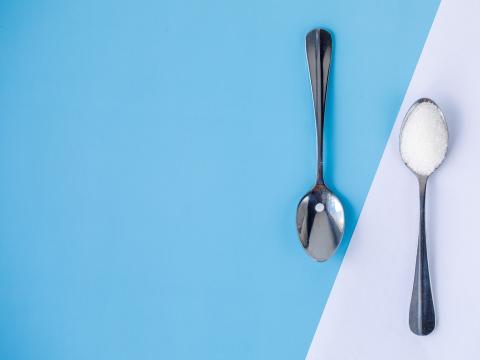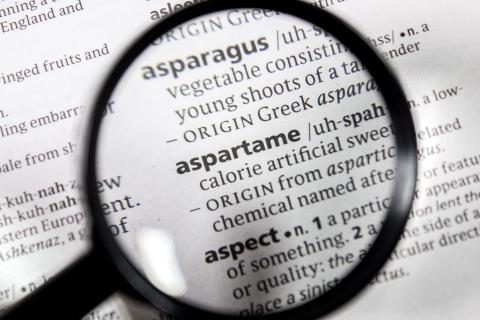Spanish Society of Nutrition (SEÑ)
If you are the contact person for this centre and you wish to make any changes, please contact us.
Professor at the Faculty of Biological Sciences of the Complutense University of Madrid and at the Faculty of Pharmacy of the San Pablo-CEU University, and member of the Board of Directors of the Spanish Society of Nutrition

The restriction of sugar during the first 1,000 days of life, starting from gestation, may protect against diabetes and hypertension in adulthood, according to a study published in Science. The research uses data from sugar rationing implemented in the United Kingdom after World War II. The findings highlight the long-term benefits of reduced sugar intake during early development.

The International Agency for Research on Cancer (IARC) and the Joint FAO/WHO Expert Committee on Food Additives (JECFA) have published a health impact assessment of the sweetener aspartame. Citing "limited evidence" of carcinogenicity in humans, IARC has classified aspartame as possibly carcinogenic to humans (Group 2B). For its part, JECFA has not changed the acceptable daily intake of this sweetener, which is set at 40 mg/kg body weight. According to these bodies, with one can of diet soft drink containing 200-300 mg aspartame, a 70 kg adult would need to consume more than 9-14 cans per day to exceed the acceptable daily intake - assuming no other intake from other dietary sources.

Reuters has reported that aspartame, one of the most common artificial sweeteners, will be listed as "possibly carcinogenic to humans" by the International Agency for Research on Cancer (IARC), an agency of the World Health Organisation, in July.

The WHO has issued a new guideline advising against the use of non-sweetened sweeteners for weight control or to reduce the risk of noncommunicable diseases. The recommendation is based on the findings of a systematic review published in 2022.

A study in mice has found that high doses of the sweetener sucralose can reduce the immune response and, under certain laboratory conditions, alter its action against infections or tumours. The results are published in the journal Nature.